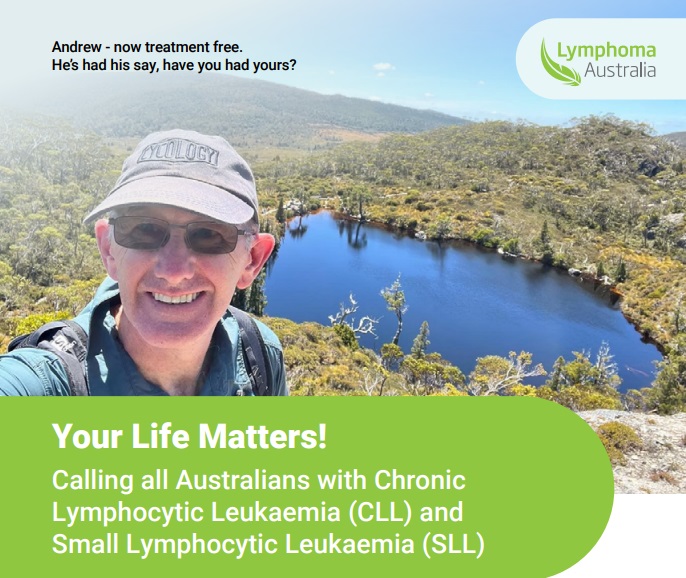NEW CAMPAIGN!
Are you living (or caring for someone) with Chronic Lymphocytic Leukaemia or Small Lymphocytic Leukaemia?
A government committee wants to hear from you!
Whether you are newly diagnosed or have undergone therapy, please help us improve treatment options for people with CLL / SLL.
A government committee is considering whether to recommend a PBS listing for a new combination of tablets that would allow people with newly diagnosed CLL / SLL to be treated for a fixed period and then halt treatment.
It’s important that Australians with CLL / SLL (and their families) let the committee know the difference this new treatment approach could have.
Please review the videos and Frequently Asked Questions below – and please have your say before the consultation closes on 31 January 2024.
Please select IBRUTINIB Imbruvica® Chronic Lymphocytic Leukaemia or Small Lymphocytic Lymphoma’ from the drop-down menu provided on the survey.
